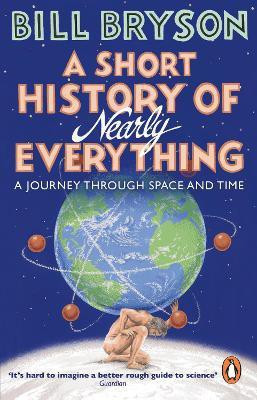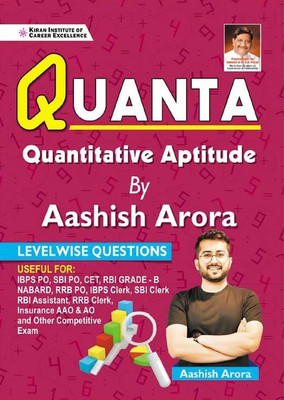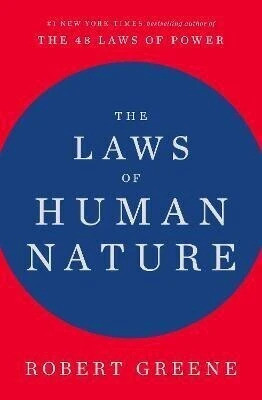
Wastewater Treatment for Pollution Control and Reuse 3rd Edition (English, Hardcover, Arceivala Soli. J)
Wastewater Treatment for Pollution Control and Reuse 3rd Edition (English, Hardcover, Arceivala Soli. J)
- Language: English
- Binding: Hardcover
- Publisher: McGraw-Hill Education - Europe
- Genre: Technology & Engineering
- ISBN: 9780070620995, 0070620997
- Edition: 3rd Edition, 2006
- Pages: 518
Important topics:
- Ecosystem approach in warm climates
- Mechanized biological and physico-chemical treatment methods
- Natural treatment methodsponds, lagoons, constructed wetlands
- Power-saving UASBs and decentralized systems
- Resource recovery and reuse for creating new water resources
- Reuse in industries and agriculture
- Planning treatment plants
The last edition of this successful book dealt with disposal of wastewater for pollution control. The current edition, Wastewater Treatment for Pollution Control and Reuse has been thoroughly revised and extends the discussion to the many benefits and various methods for reusing wastewater. New chapters on reuse of wastewater and use of physico-chemical treatment methods, including membrane technologies that are critical for reuse, have been added.
Besides the mechanized methods of wastewater treatment the authors have discussed other methods which are not only simple, natural and cost-effective, but also more dependable, especially in developing countries with warm weather. For example, the natural treatment methodsalgal, hyacinth and duckweed ponds, and constructed wetlands which are now gaining worldwide acceptance.
Besides new additions, the existing content has been significantly updated and made more meaningful to present day problems with the coverage of decentralized systems, sludge management, overall design of treatment plants and a thorough discussion of the factors that affect sustainable waste management.
Very importantly, from their vast experience, the authors also describe how to retrofit sanitation in slums and shantytowns and outline methods to clean polluted water courses running through big cities and towns.
Highlights:
- Simpler, more cost-effective treatment methods
- A new section on groundwater recharge
- A special section on retrofitting sanitation in slums, shantytowns
- Water conservation and reuse in industry and agriculture
- Case studies of wastewater treatment plants
- Design data with plenty of solved examples
- Interesting topics for research and development
Useful for:
- Faculty and graduate students of environmental, civil and chemical engineering departments
- Professionals from the industry, public bodies and consulting firms concerned with the control of water pollution and reuse of water
- Pollution control agencies, municipal corporations and town planning departments
| Imprint |
|
| Publication Year |
|
| Author Info |
|
| Degree/Diploma |
|
| Specialization |
|
| Subject |
|
| Term |
|
| Width |
|
| Height |
|
| Length |
|
| Depth |
|
| Weight |
|
- 5★
- 4★
- 3★
- 2★
- 1★
- 14
- 5
- 3
- 0
- 1
Hated it!
Erwin Gweikolo Varmie
Certified Buyer, Gandhinagar
Jun, 2021




